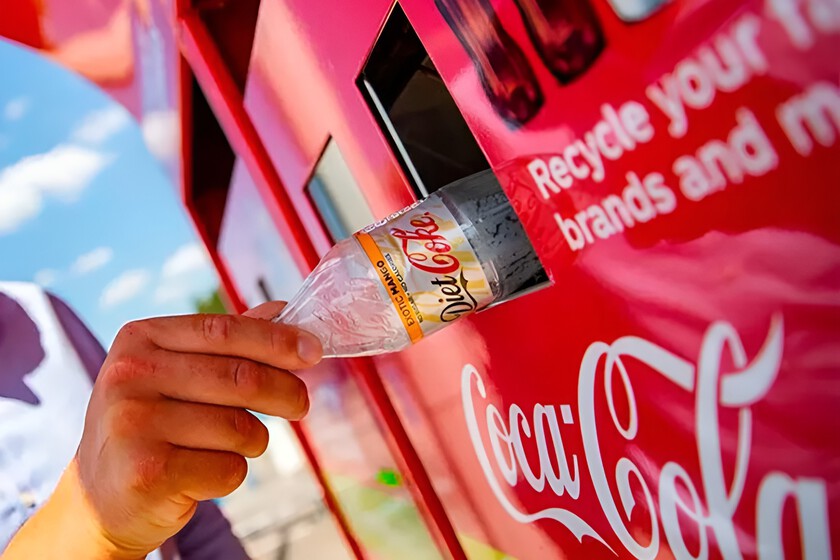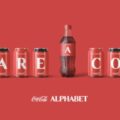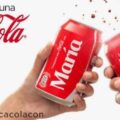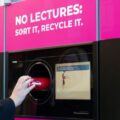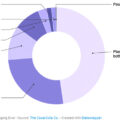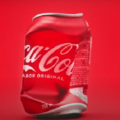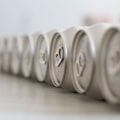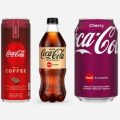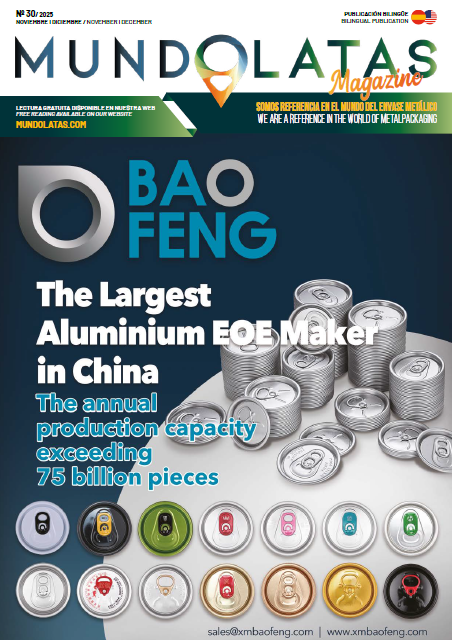Coca-Cola has installed reverse vending machines (RVMs) on the campuses of New College Lanarkshire (Scotland), allowing students to receive credits for recycling their aluminum cans and plastic bottles. Each valid container can generate a credit of $0.27 (approx. 5 pesos), redeemable in school cafeterias. The program is being developed on the Motherwell, Coatbridge, and Cumbernauld campuses, near Glasgow, in collaboration with Keep Scotland Beautiful.
The pilot seeks to analyze how financial incentives influence recycling, with special attention to Coca-Cola cans, which are highly recyclable. The data will be supplemented by monitoring three student households for two weeks to better understand daily habits and obstacles to recycling.
This experiment follows similar campaigns, such as the one carried out in 2024 at the University of Strathclyde, where more than 200 students participated in economic incentive tests to encourage recycling, and the program in Puri, India, which used RVMs capable of storing 800 bottles to transform them into new products.
Although currently focused on a small group, the project aims to test whether an incentive as simple as a few cents refund can modify ingrained behaviors and serve as a model for future recycling policies in other countries.
The potential impact goes beyond economic savings. Recycling cans and bottles could significantly reduce pollution and the use of fossil fuels, as well as recover millions of tons of packaging that would otherwise end up as waste, reinforcing the sustainability of the beverage sector.
The launch of the DRS in Scotland has been delayed several times. Initially planned for 2022, it is now expected to begin in October 2027, aligning with the scheme planned for the entire United Kingdom.

